When living next to a cemetery, there are two sounds one becomes familiar with: Sweet chirping birds and the screeching shrill of machinery digging graves.
My mother, who has lived in her east New Jersey home for three years, mentioned that the amount of work she was hearing in the cemetery next door was very unusual. Such a high rate of burials makes a person wonder: Who exactly is handling the deceased and how are they coping with it themselves?
James is a former landscaper who has been in charge of this cemetery as well as a few others in New Jersey for about a year. (To protect his privacy and because he didn’t get permission from his employer to talk to me, James requested to withhold his last name as well as the name of the cemetery where he works.) He told me that a regular day for him would be to bury three to four bodies; more recently the daily body count has risen to between nine and 20 a day. James and his partner were the only two people at the cemetery responsible for handling it all.
Last month, gravediggers at Beth Israel, a Jewish cemetery in New Jersey, told VICE about the poor working conditions and lack of hazard pay they were facing as they shouldered the burden of an understaffed cemetery while making low wages. James, who works at a different New Jersey cemetery, told me he was looking for another job, as his management seemed to reap the benefits of their labor without passing them on. He has gotten hazard pay only twice since March. “One day I had to bury 29 bodies, and still only the management gets it,” he said.
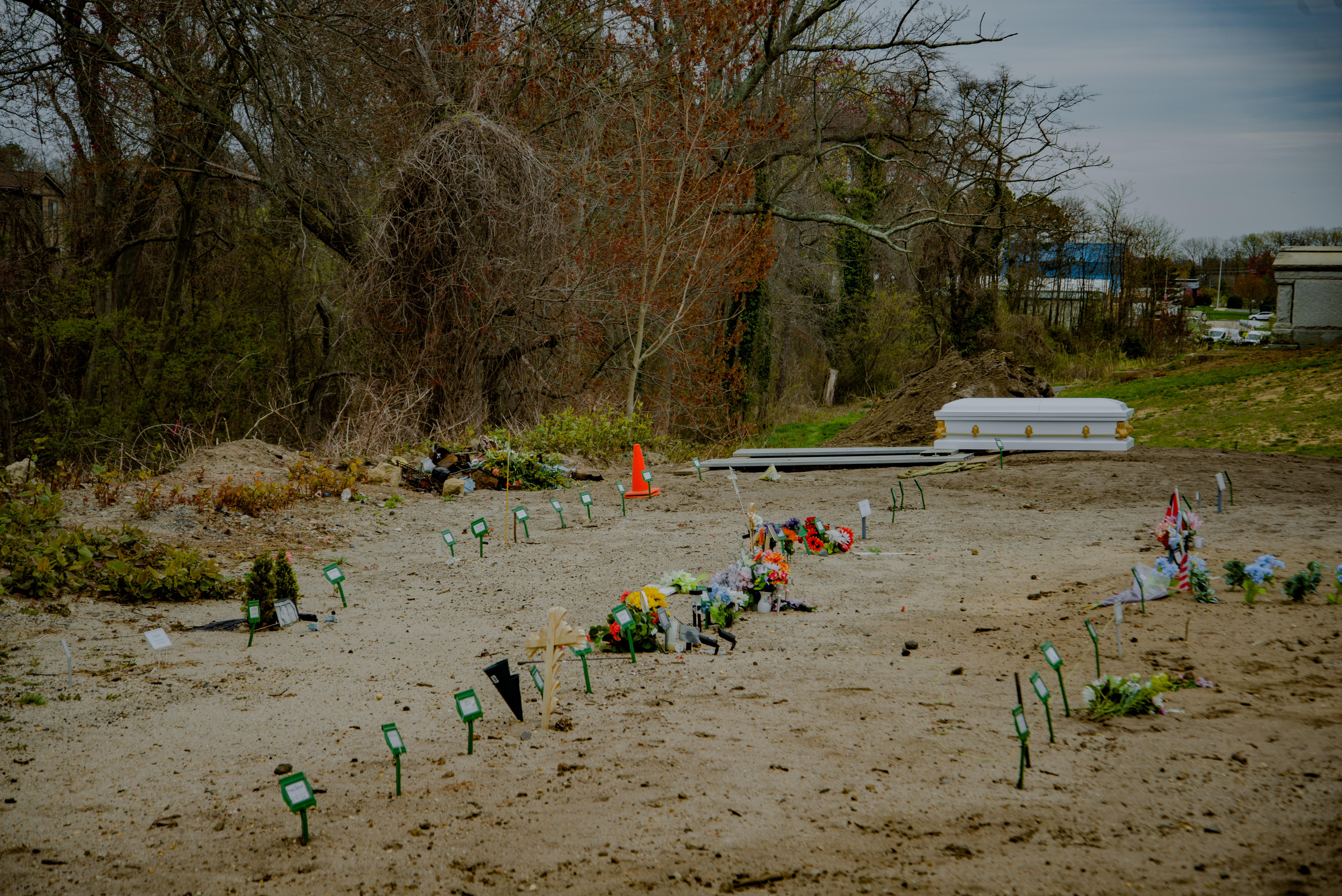
“I hear people giving doctors and nurses credit, but they don't realize that I have to bury them.”
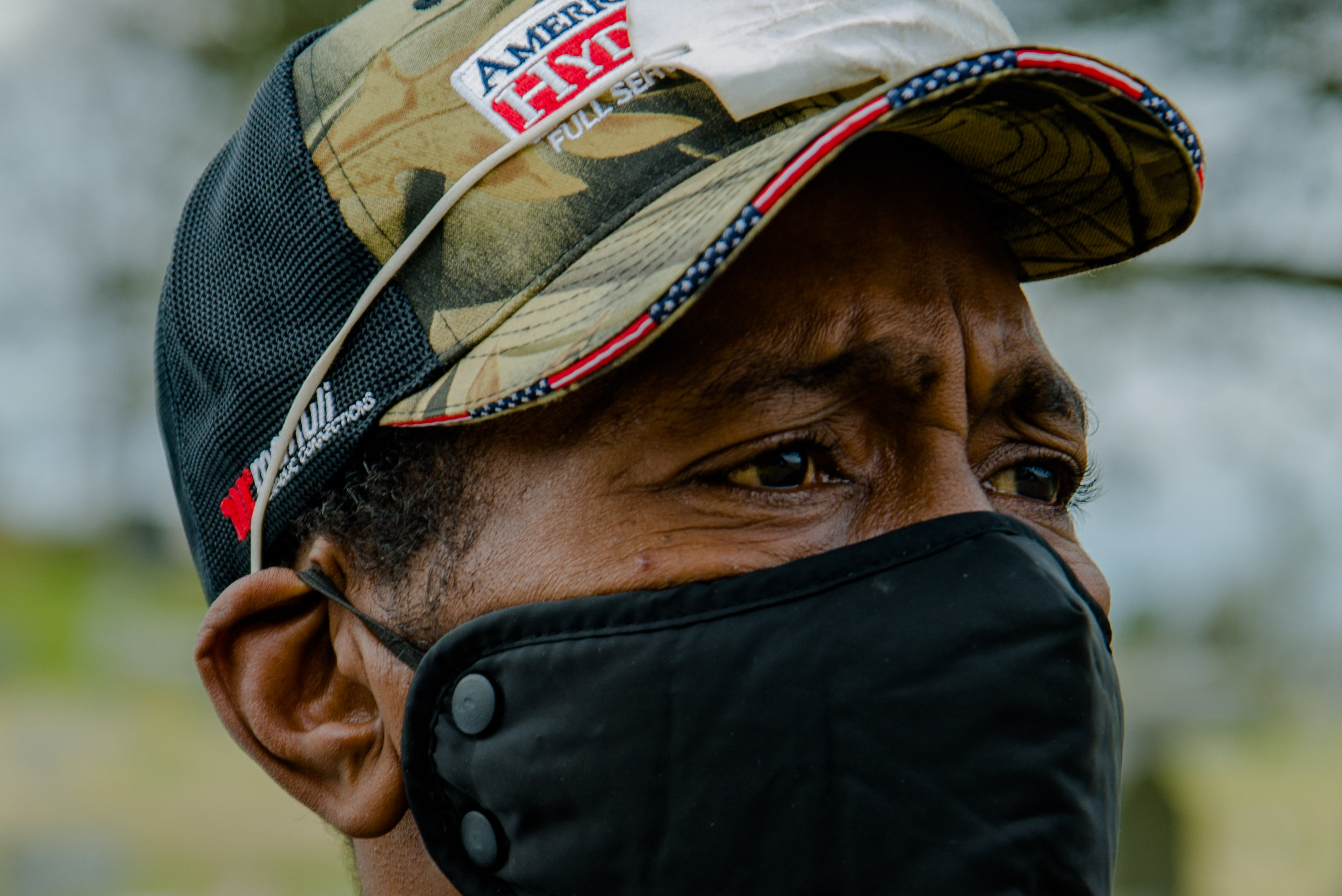
“I’m not even allowed to see my kids because I work here, my son has bad asthma and you never know, I might have it on the bottom of my shoe or something. We’ve been very busy and really working. Every day, five days a week, whenever they need me—no days off, especially these days.”
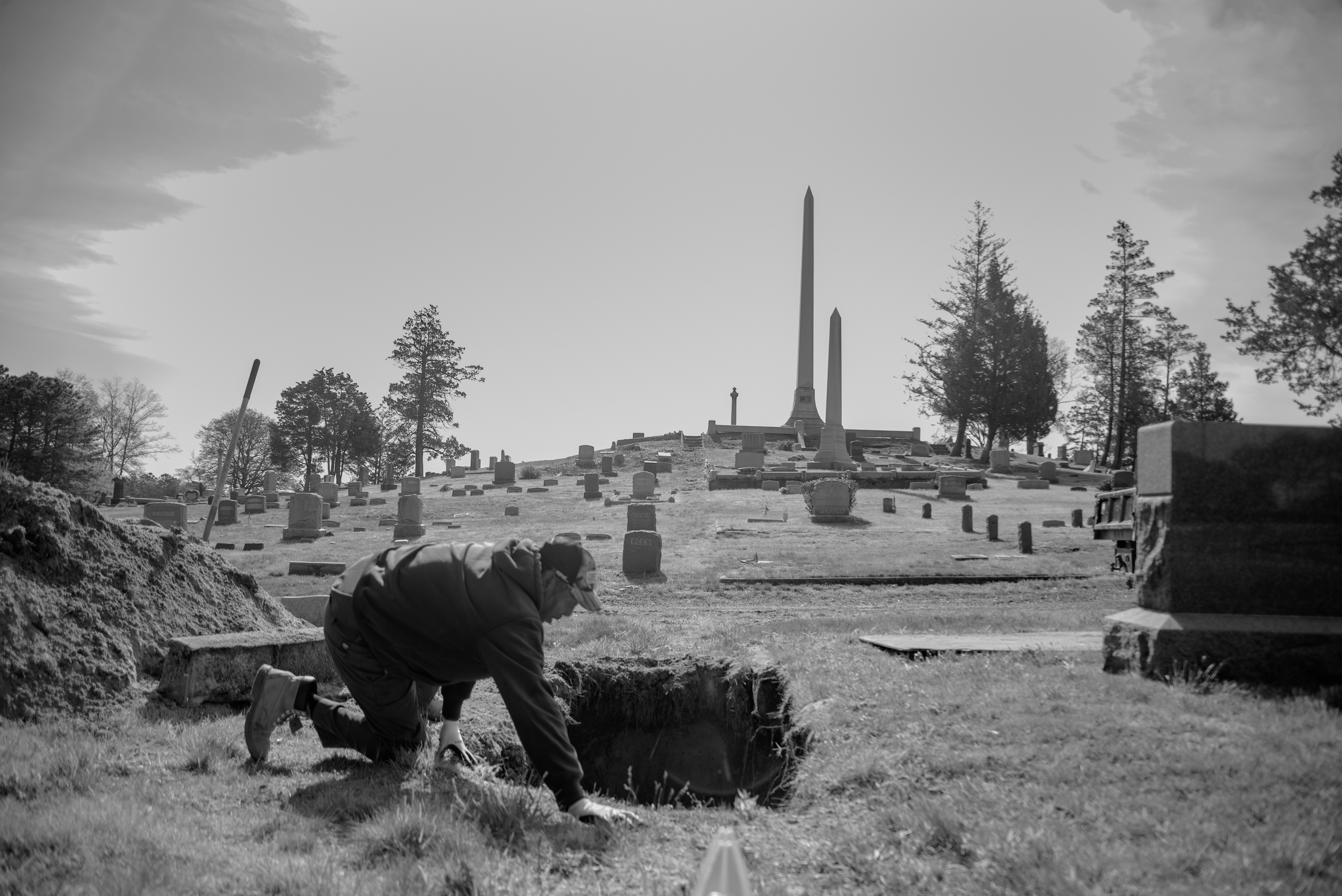
“A lot of people are quitting this type of work because we’re interacting with the virus. You don’t even know if the person had COVID or not, the bodies are moving in so fast that it might not even be on the paper. I don’t want to get immune to death, but I have gotten to be. I can look at a dead body and it’s nothing now because I’ve been doing it so much., but COVID is really something else...”
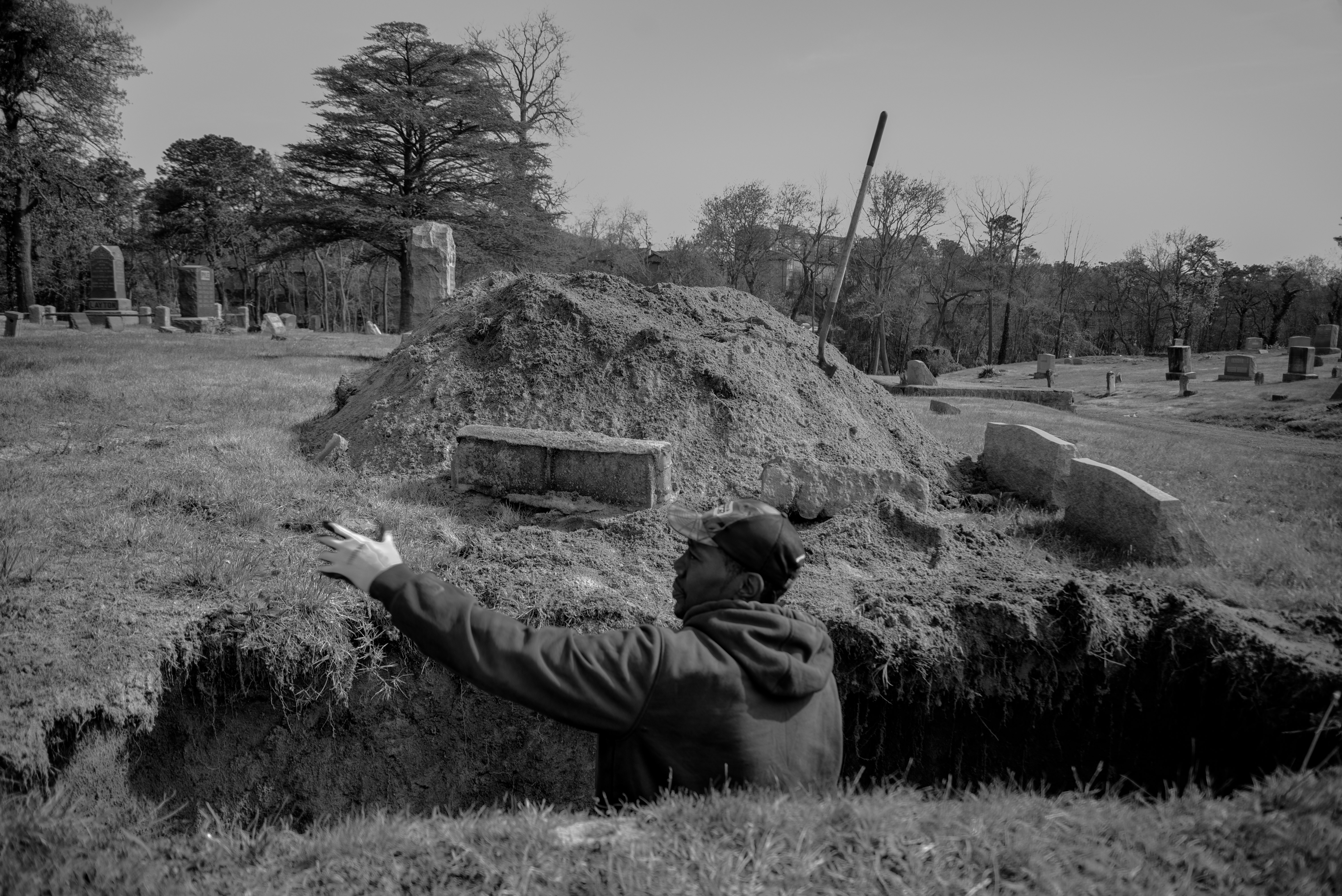
“A cemetery in Newark that I work at had three refrigerator trucks rented just to store bodies because of how backed up everything was. There was no room to put them anywhere. A lot more people are dying than what they’re saying. I know it because I see it firsthand.”
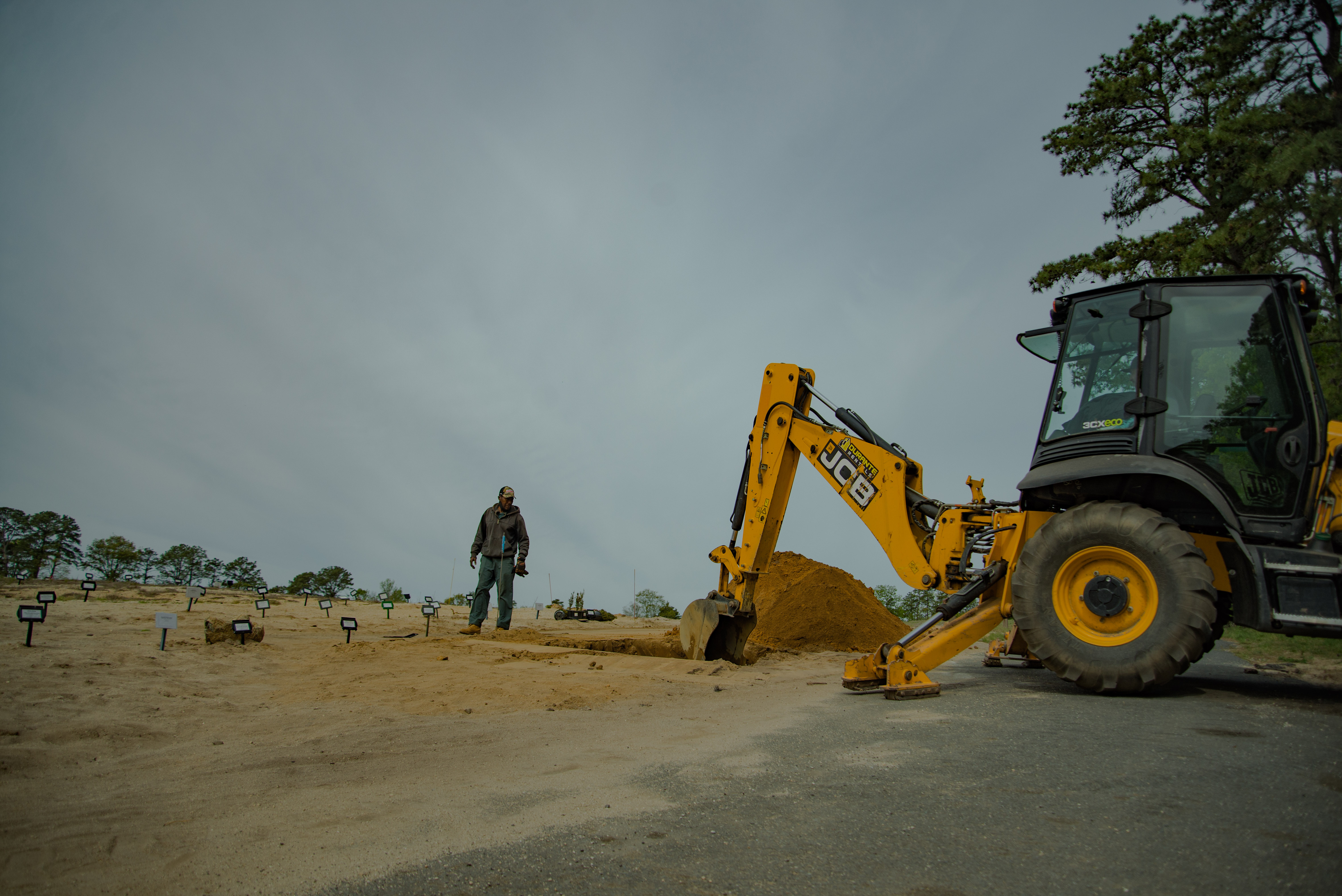
“As far as the physical part of this job, for my age it keeps me in shape. The experience didn’t bother me too much, I just felt more empathy for people that were exposed to corona and that’s where it really affected me. I see all of the pain that it causes other people.”
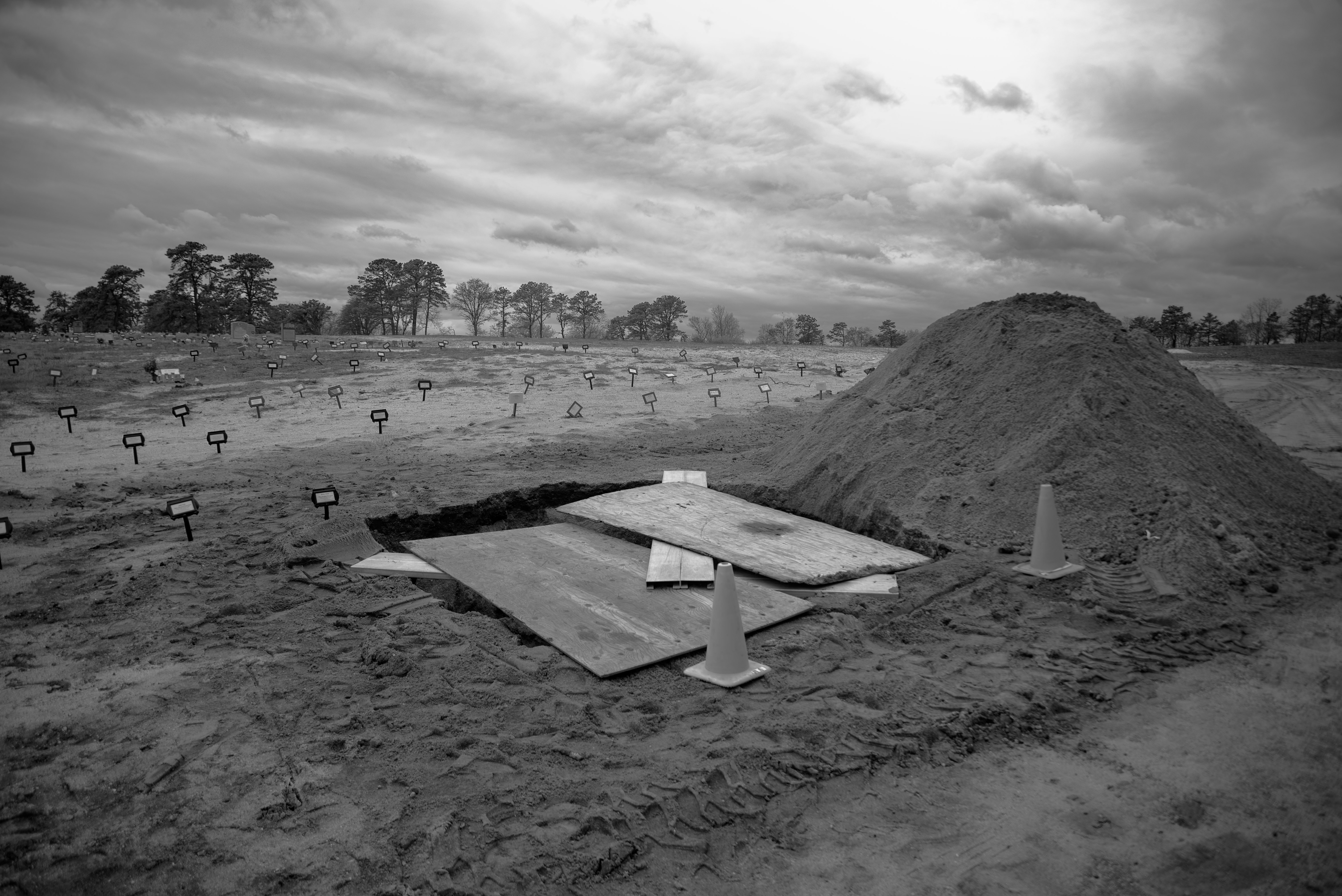
“I’m always sympathetic to people as I’m doing my job. Someone came up to me the other day and started crying, saying, “You probably don’t remember me, but you were so nice to me during this whole process..” I didn’t remember her because I was burying so many bodies, but it really made me feel good, it made me feel like my job was worth doing.”
“During the process people could only have five people at the burial, couldn’t be close to them, and the deceased had to be in a closed casket. It was hard.”
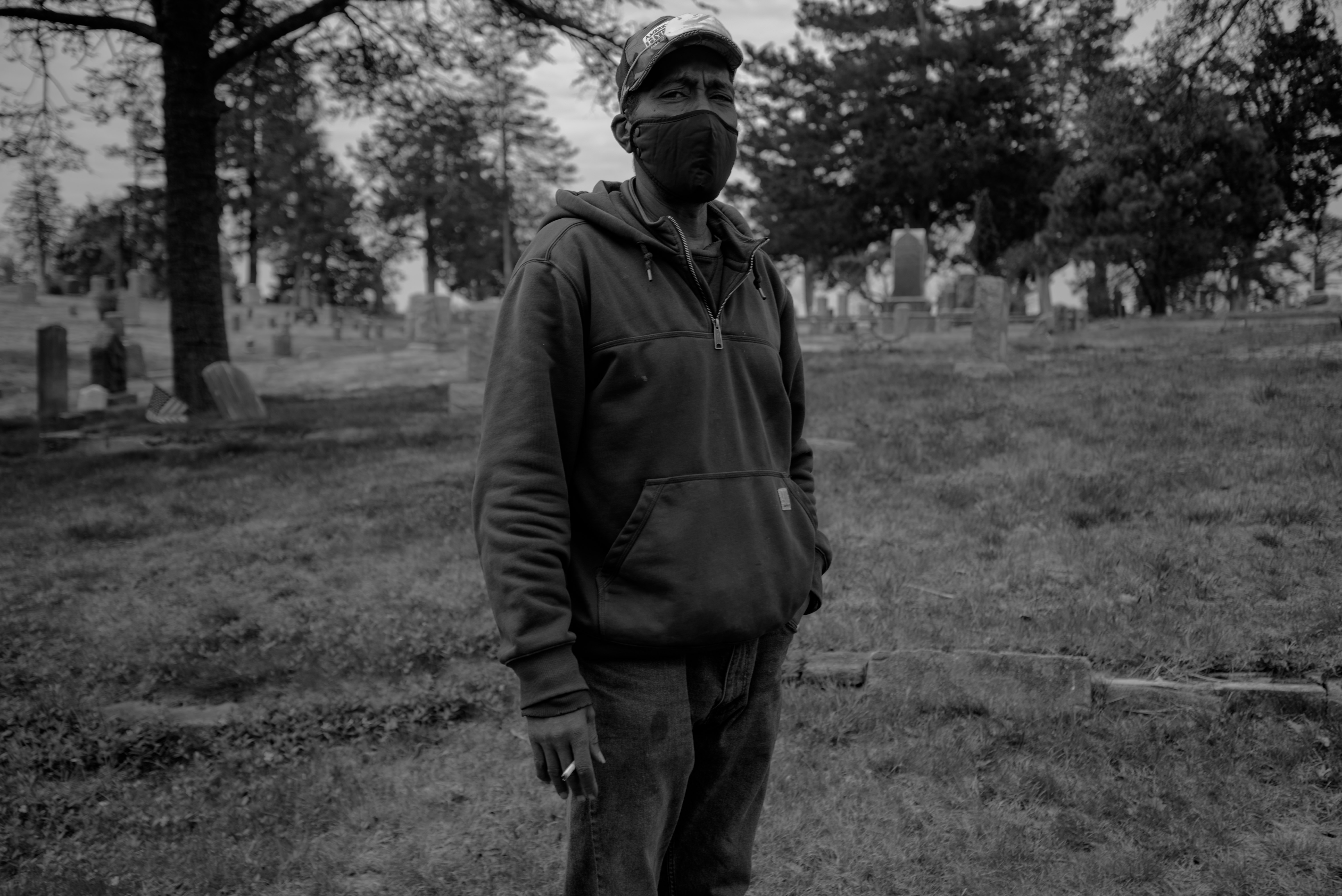
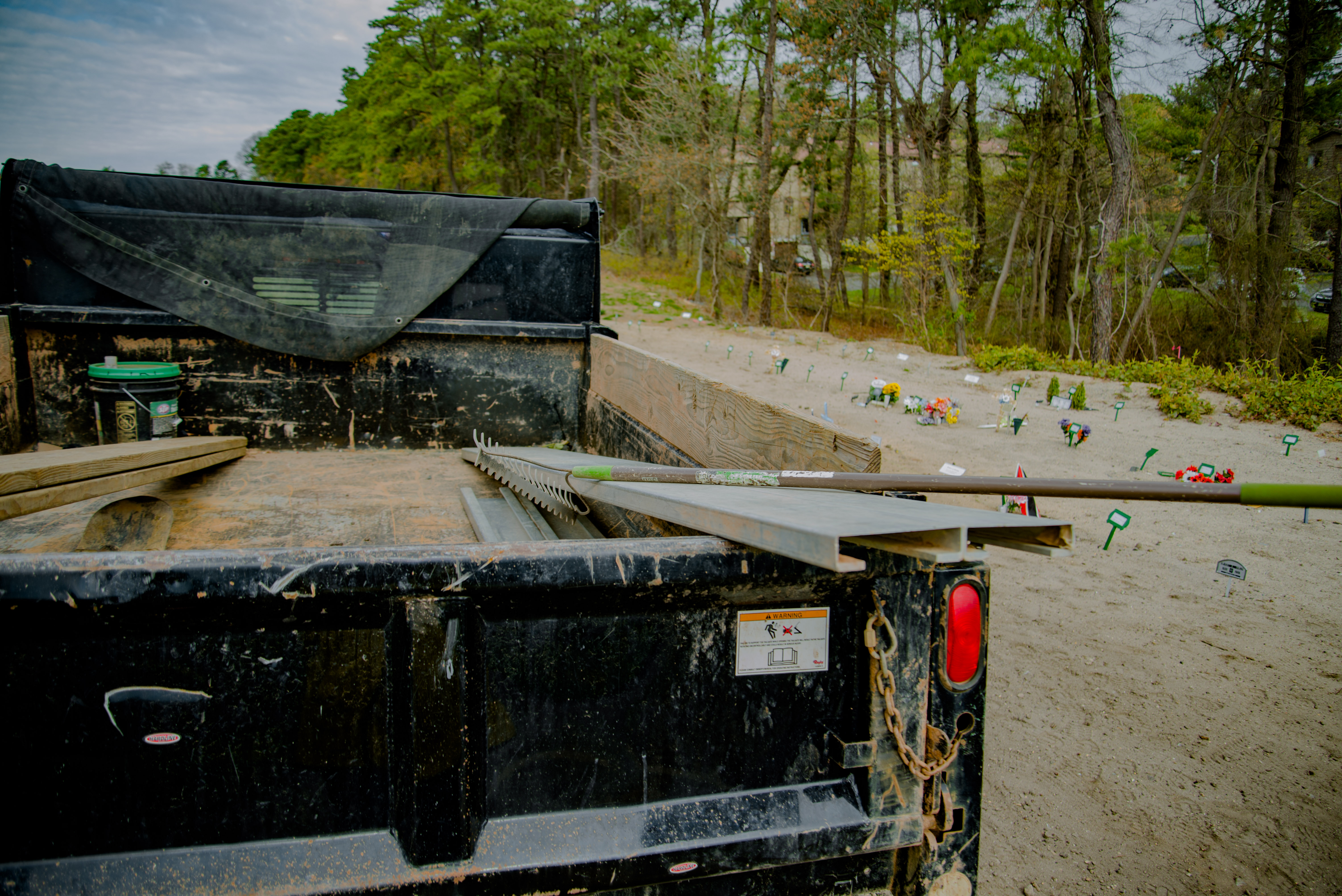
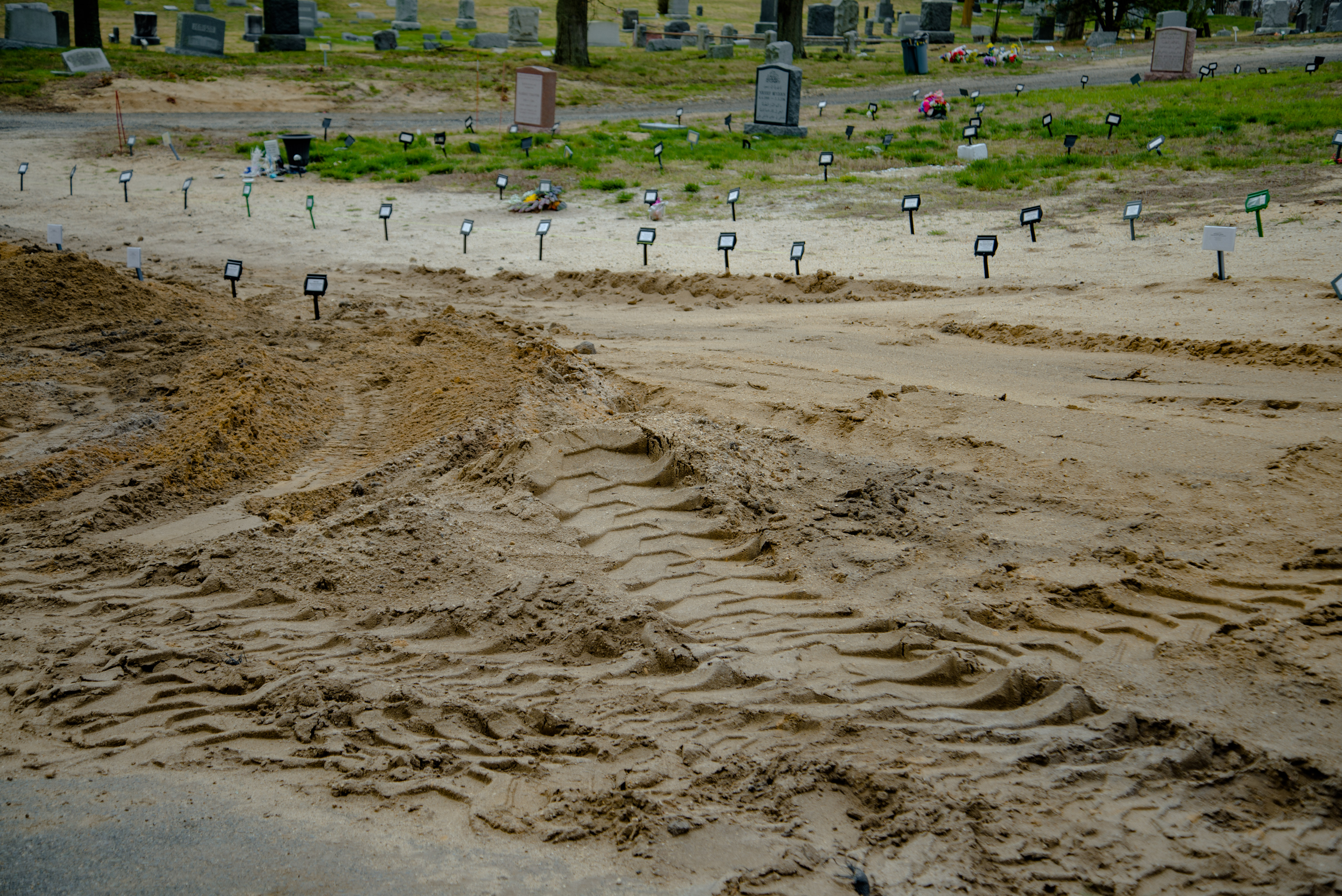
from VICE US https://ift.tt/3iEc4Ds
via cheap web hosting
No comments:
Post a Comment